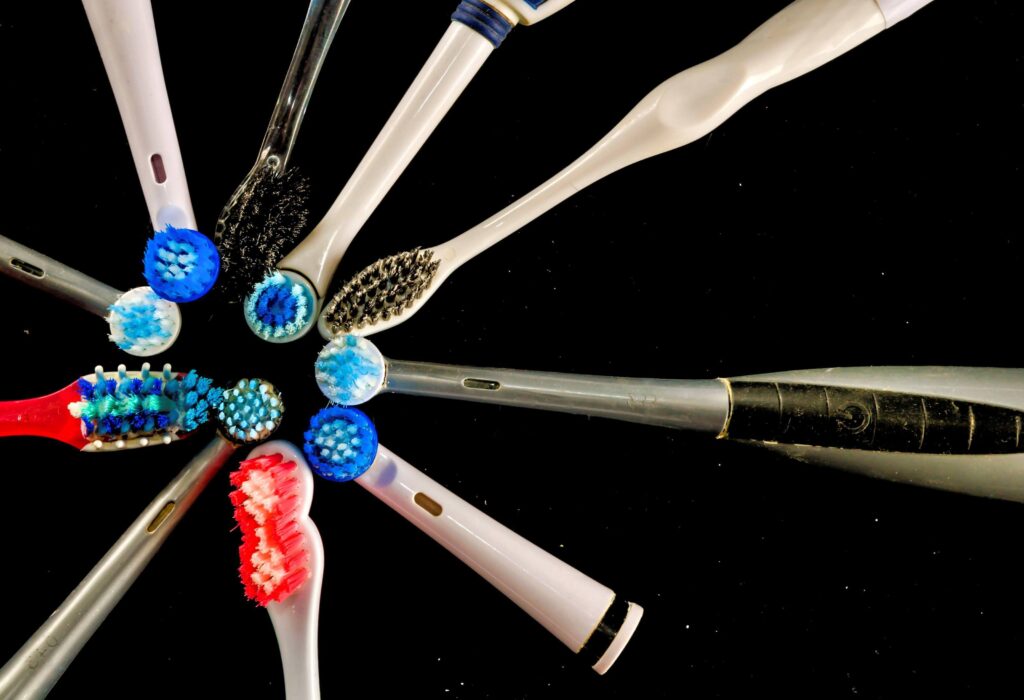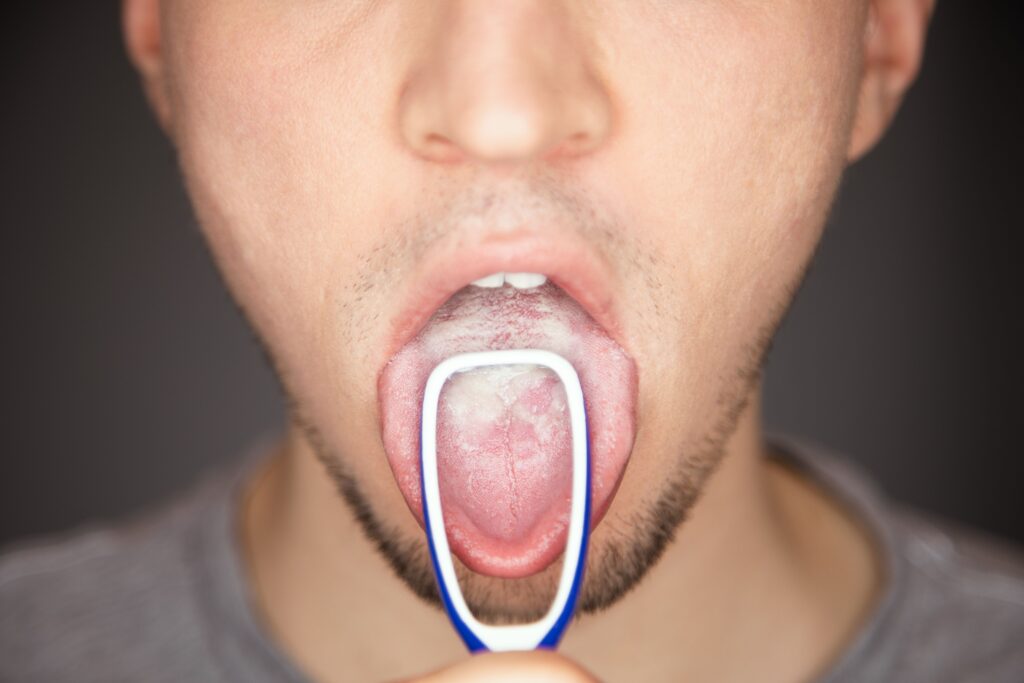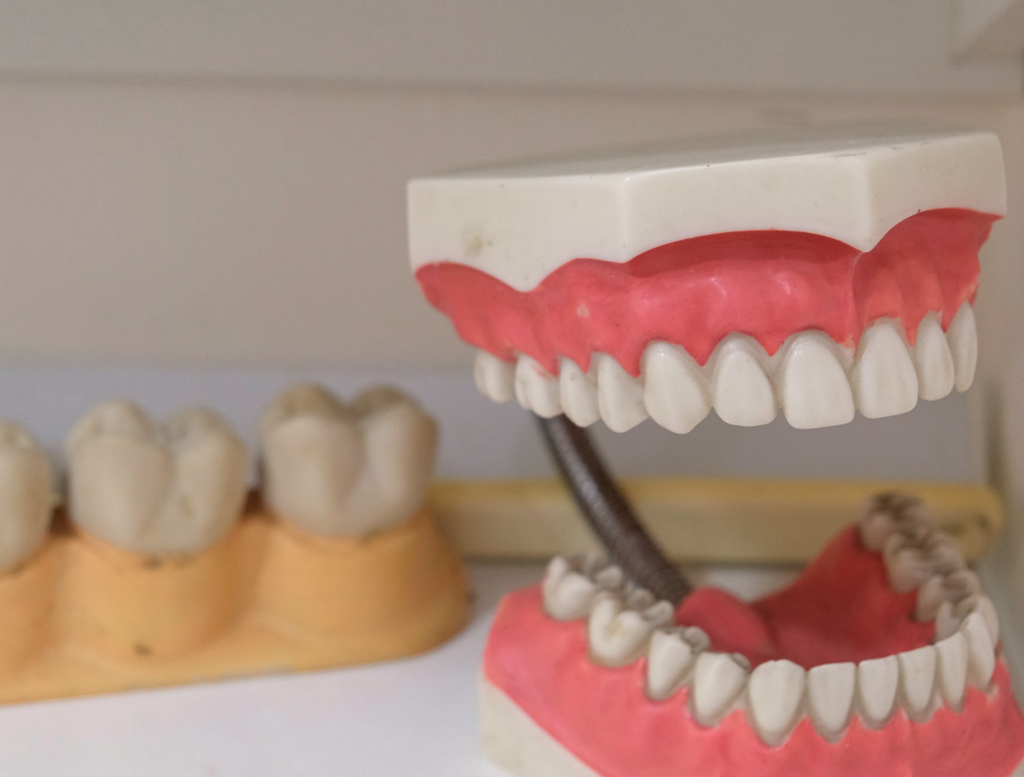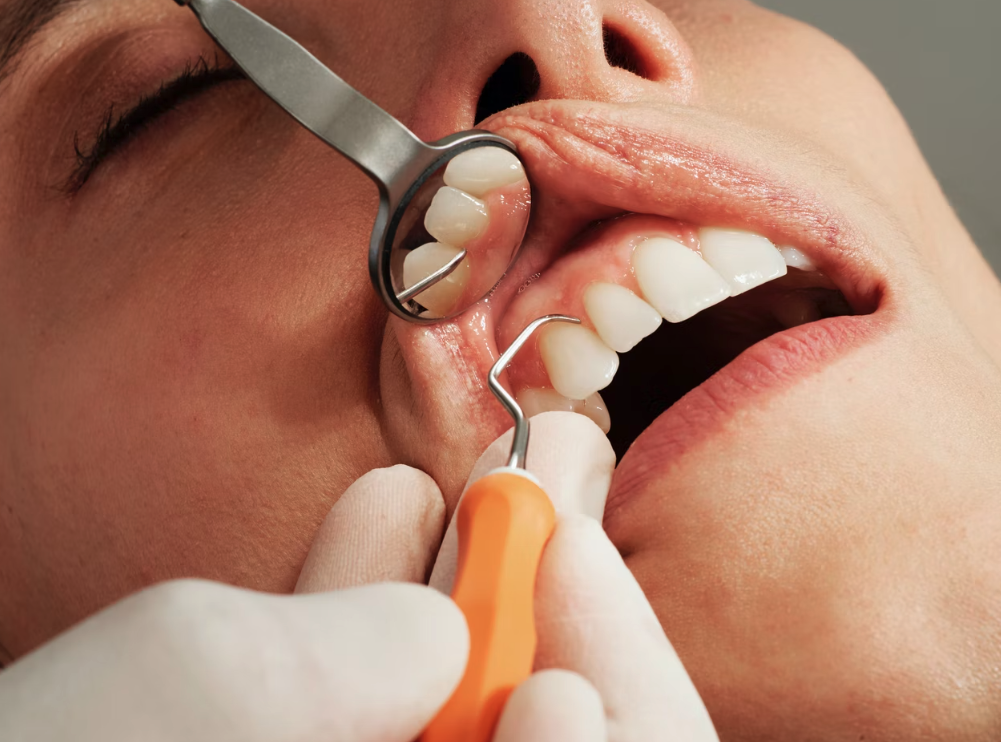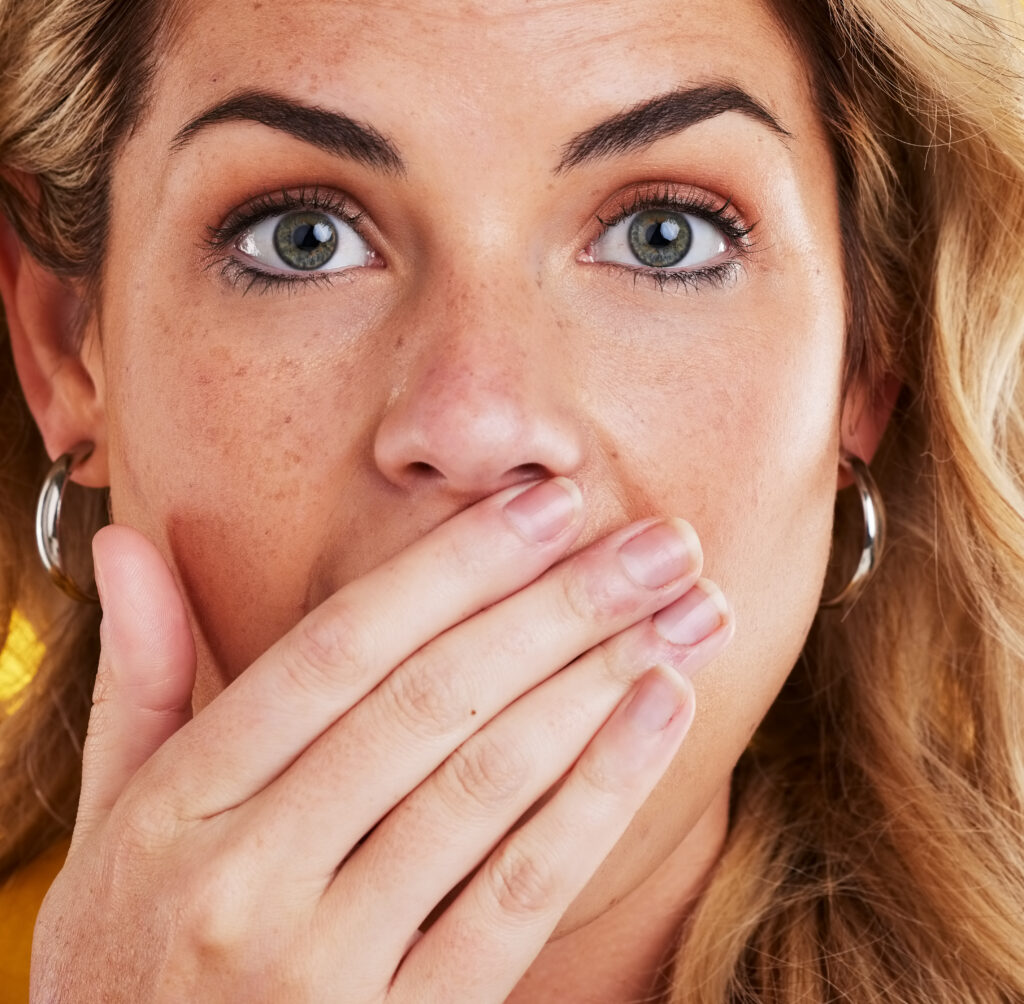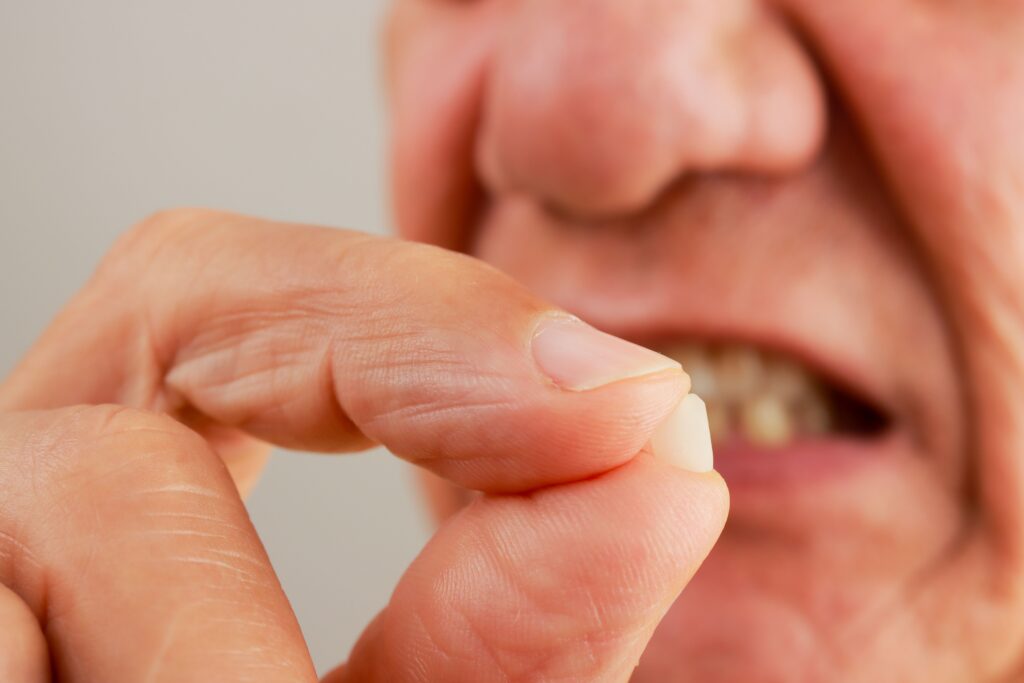Maintaining good oral hygiene is essential for overall health, and brushing your teeth regularly is a key part of that. Traditional toothbrushes are the go-to tool for most people, but what about chewable toothbrushes? These small, portable devices are designed to clean your teeth without the need for water or toothpaste. But do they really work? This article will explore the effectiveness of chewable toothbrushes, compare them to traditional brushing methods, and offer recommendations for maintaining optimal oral health.
What Are Chewable Toothbrushes?
Chewable toothbrushes are small, disposable devices that you can chew to clean your teeth. They usually contain a small amount of toothpaste or mouth freshener in the center. As you chew, the bristles of the brush are meant to scrub your teeth, while the toothpaste or freshener is released to help clean your mouth. These toothbrushes are often marketed as a convenient option for on-the-go oral hygiene, particularly in situations where you don’t have access to water or a traditional toothbrush.
Are Chewable Toothbrushes Any Good?
Chewable toothbrushes can be useful in specific situations, such as when you’re traveling, camping, or need a quick freshen-up after a meal. They offer a level of convenience that traditional toothbrushes can’t match. However, the question remains: Are they as effective as regular brushing?
While chewable toothbrushes do provide some level of cleaning, they are not as effective as traditional toothbrushes. According to studies, the mechanical action of chewing helps remove some plaque and food particles from your teeth, but it doesn’t provide the thorough cleaning that a standard toothbrush can achieve. The bristles on chewable toothbrushes are usually very short and soft, meaning they may not reach all the nooks and crannies of your teeth, especially the areas between your teeth and along the gumline. Watch this dentist from dental digest test one of these chewable toothbrushes.
Do Dental Chews Replace Brushing?
Dental chews should not be considered a replacement for regular brushing. They can be a supplementary tool in your oral hygiene routine, especially for freshening breath and reducing minor plaque buildup. However, they do not provide the comprehensive cleaning that brushing with a toothbrush does.
Brushing your teeth with a toothbrush, especially one with soft bristles, is the most effective way to remove plaque, prevent cavities, and keep your gums healthy. Dental chews can be used in addition to brushing, but they are not a substitute for it .
What Toothbrush Do Dentists Recommend the Most?
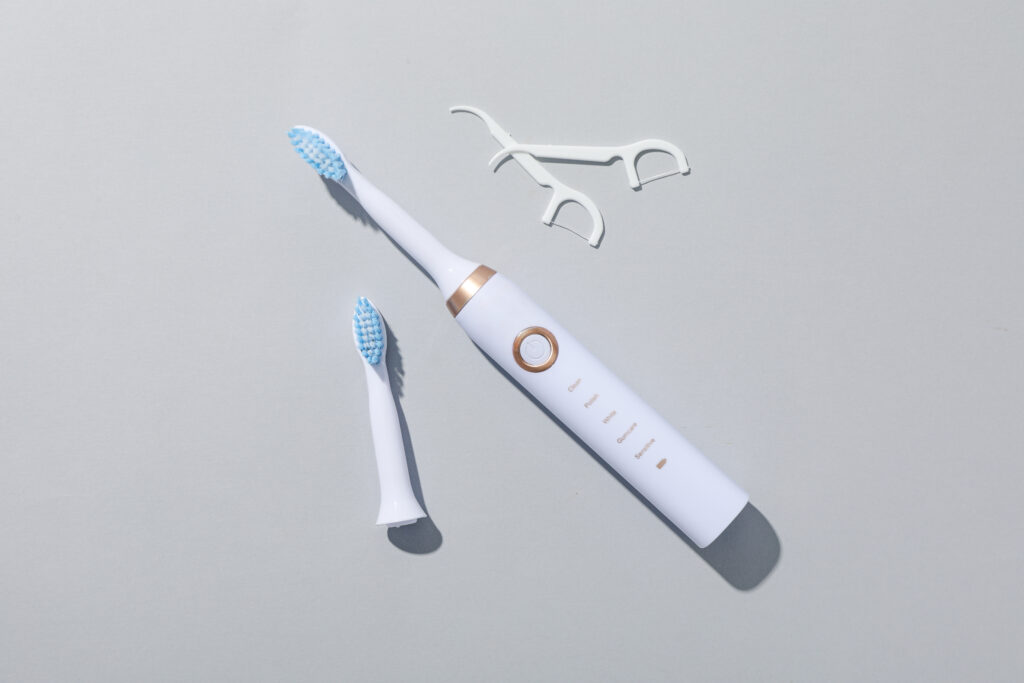
Dentists typically recommend soft-bristle toothbrushes for most people. Soft bristles are gentle on the gums and enamel, reducing the risk of damage while still effectively removing plaque and food particles. Many dentists also recommend electric toothbrushes because they are more effective at removing plaque than manual brushes, especially for people who have difficulty brushing thoroughly with a manual brush.
Electric toothbrushes, such as those from brands like Philips Sonicare or Oral-B, are often recommended because they have built-in timers, multiple brushing modes, and provide consistent brushing motions that can help ensure all areas of the mouth are cleaned thoroughly .
What Kind of Toothbrush Should Adults Use?
For most adults, a soft-bristle toothbrush is the best option. Soft bristles are less likely to cause damage to your gums and enamel, making them a safer choice for daily use. The size and shape of the toothbrush head are also important considerations. A smaller head can make it easier to reach all areas of your mouth, including the back teeth.
If you prefer a manual toothbrush, choose one with a comfortable handle that allows you to grip it easily and maneuver it around your mouth. For those who find manual brushing difficult or want a more thorough clean, an electric toothbrush with soft bristles is an excellent choice .
Which Toothbrush Is Best for Brushing?
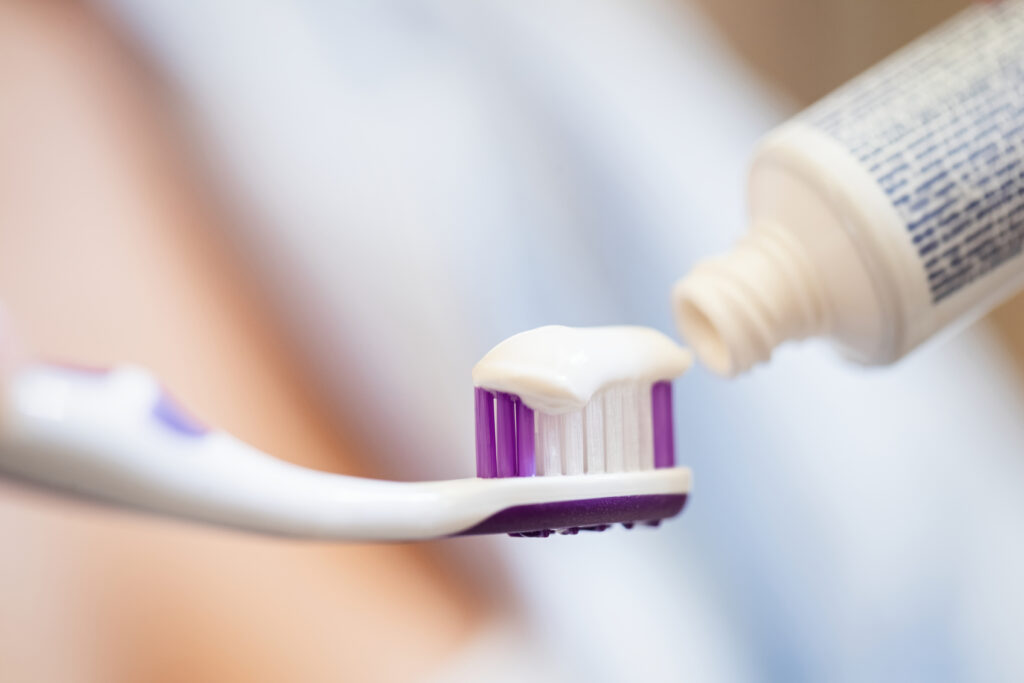
The best toothbrush for brushing is one that you feel comfortable using and that effectively cleans your teeth. As mentioned, soft-bristle toothbrushes are widely recommended by dentists because they clean effectively while being gentle on your gums. Electric toothbrushes are often considered the best option because they offer consistent and efficient cleaning.
When choosing a toothbrush, look for features that suit your needs, such as a small head for easier access to back teeth, a comfortable handle, and, if you choose an electric model, different brushing modes that cater to your specific oral health needs .
What Kind of Toothbrush Is Recommended for Good Oral Health?
For good oral health, dentists recommend using a toothbrush that:
- Has soft bristles: Soft bristles are effective at cleaning teeth and removing plaque without damaging your gums or enamel.
- Is replaced every three to four months: Worn-out bristles are less effective at cleaning and can harbor bacteria, so it’s important to replace your toothbrush regularly.
- Fits comfortably in your mouth: The toothbrush head should be small enough to reach all areas of your mouth, and the handle should be easy to grip and maneuver.
- Is used correctly: Proper brushing technique is crucial, regardless of the type of toothbrush you use. Brush for at least two minutes, twice a day, using gentle circular motions and covering all surfaces of your teeth.
Is There Really a Difference Between Toothbrushes?
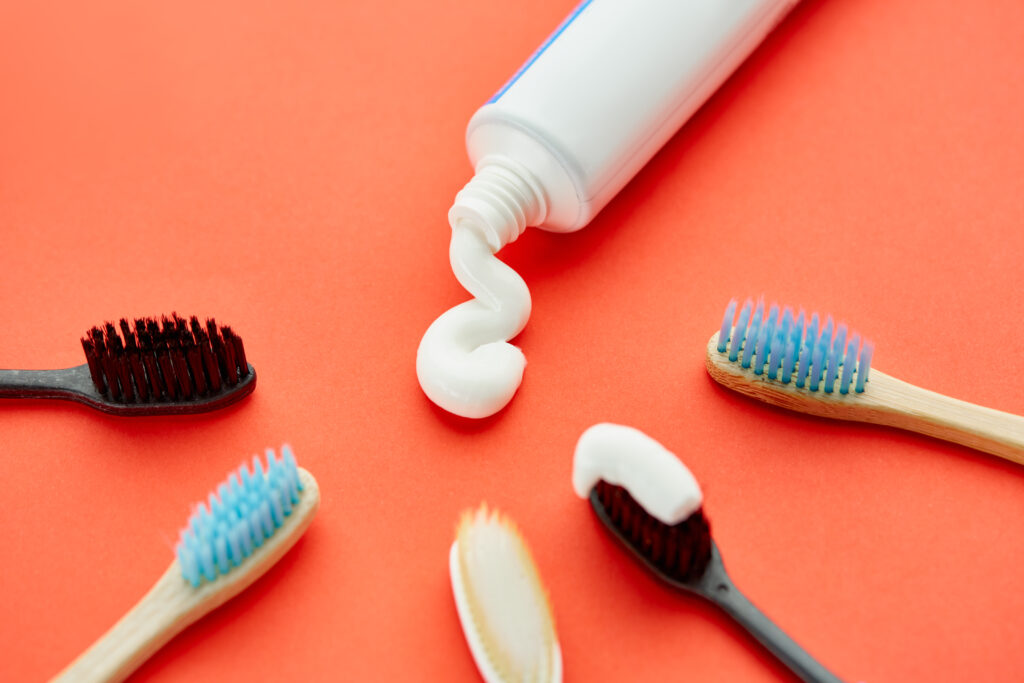
Yes, there is a difference between toothbrushes. The type of toothbrush you use can affect how effectively you clean your teeth and maintain your oral health. For example, soft-bristle brushes are generally safer and more effective for most people, while electric toothbrushes can offer a more thorough clean with less effort. Manual brushes, on the other hand, provide more control and are more affordable.
Choosing the right toothbrush depends on your personal needs, preferences, and any specific dental issues you may have. Consulting with your dentist can help you determine the best type of toothbrush for your oral health .
Conclusion
Chewable toothbrushes and dental chews can be convenient tools for maintaining oral hygiene in certain situations, but they should not replace regular brushing with a traditional toothbrush. Soft-bristle toothbrushes, whether manual or electric, are generally recommended by dentists for their effectiveness in cleaning teeth and protecting gum health.
For the best oral health, it’s important to brush twice a day, floss daily, and visit your dentist regularly for check-ups. While chewable toothbrushes can be a handy option for on-the-go cleaning, nothing beats the thorough cleaning that comes from using a traditional toothbrush with the right technique.


